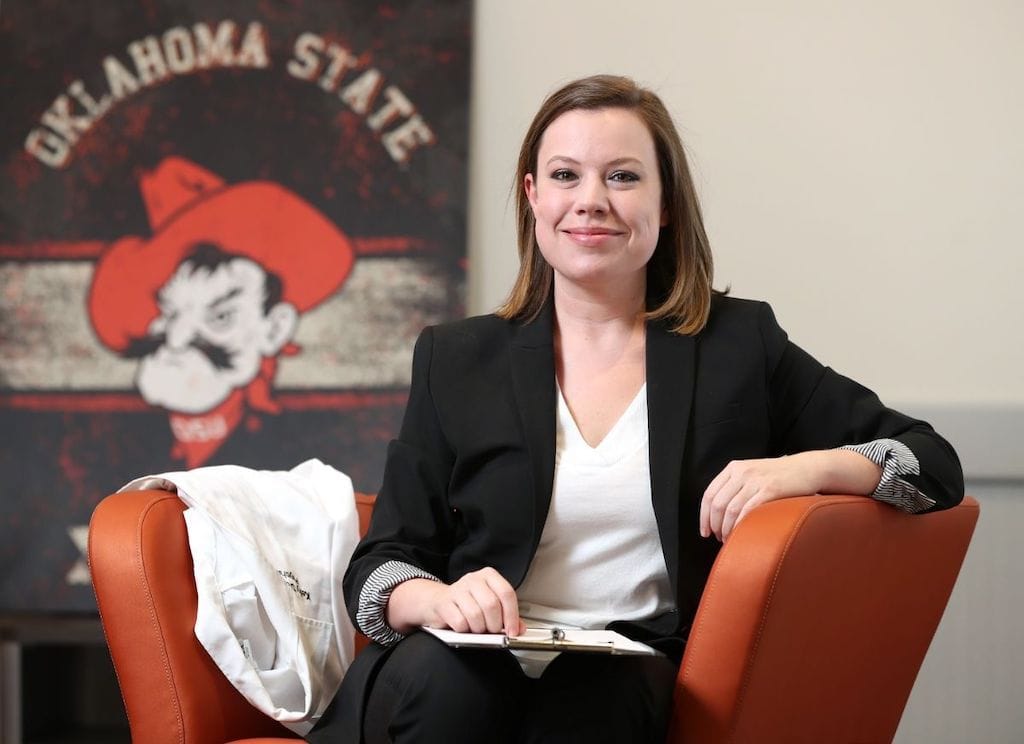Recovery
-
One of the most common reasons people use opioids is to manage pain from an injury, surgical or dental procedures or joint damage. Degenerative disease, autoimmune disease, cancer and infectious diseases can also trigger chronic pain requiring long-term pain management.

-
Once patients begin their road to recovery from addiction, counseling is an important component for short-term and long-term success. Counseling, also called therapy or psychotherapy, may be different for each person depending on what form of addiction they have and how long they have been struggling.

-
Veterans who live in rural areas face unique health care challenges such as higher rates of chronic disease, a lack of access to health care providers and specialty services, as well as substance use and mental health services.

-
As the disease of addiction intensifies, people may drift further away from family and friends, leaving them alone in their battle against addiction.

-
Dr. Kelly Dunn is the executive director of clinical treatment at the National Center for Wellness and Recovery Addiction and Recovery Clinic at OSU. She has dedicated her career to understanding and caring for patients with mental illness and substance use disorders.

-
One of the entry points for the misuse and overuse of opioids is during treatment for severe pain from athletic injuries.
